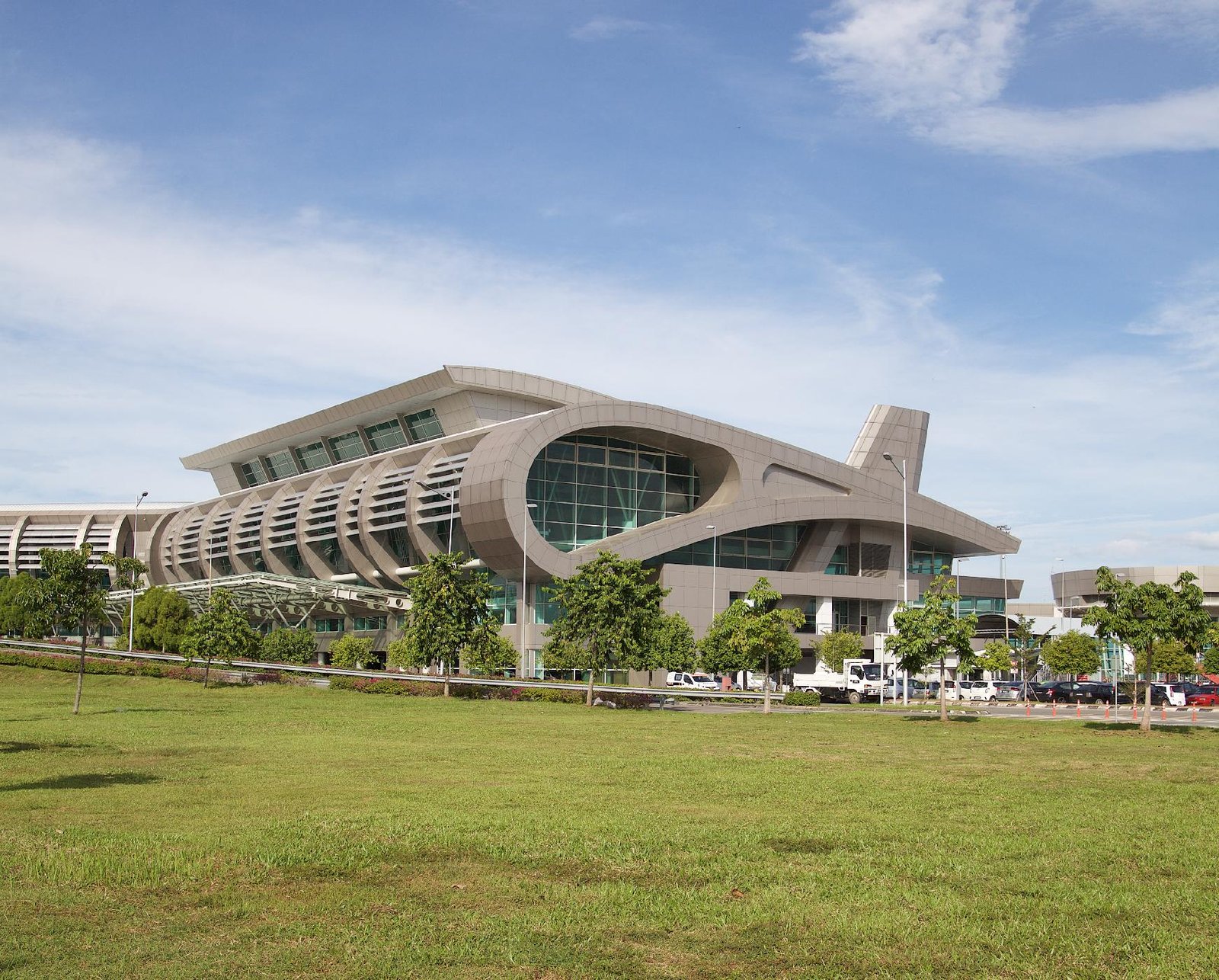

KUALA LUMPUR: A recent report from Samuel Tan, CEO of Olive Tree Property Consultants Sdn Bhd, reveals that Johor is home to over 50 data centres currently in various stages of development—ranging from applications to operational centres. The launch of the Forest City Special Financial Zone (SFZ) is expected to stimulate further foreign direct investments (FDI), enhancing the already thriving Johor-Singapore Special Economic Zone (JS-SEZ).
Despite a significant influx of data centres in Malaysia last year, Tan noted that the demand for new establishments in Johor remains high among operators. He observed a notable trend where local real estate developers are increasingly inviting prominent data centre operators to anchor their industrial parks.
While challenges surrounding power and water supply persist, Tan believes that the development of data centres will drive innovation in renewable energy and water supply solutions.
“We anticipate a rise in solar farm projects and water desalination initiatives, which will create numerous job opportunities for locals,” Tan told NST Property.
Industries such as electrical and electronics (E&E), semiconductors, and pharmaceuticals are expected to see positive impacts from the growth of data centres. Tan predicts a corresponding rise in demand for residential properties, office spaces, retail establishments, and accommodations for workers.
Looking forward, Tan expects Johor’s industrial sector to flourish throughout 2024 and beyond, propelled by investments in data centres and the E&E sector. “We predict an influx of companies, particularly from Singapore, taking advantage of the JS-SEZ and SFZ to establish manufacturing units in Johor,” he remarked.
Tan emphasized the significant contribution of small and medium enterprises (SMEs) to the nation’s economy, stating, “SMEs are vital as they consistently provide job opportunities. It’s essential to strengthen their position through fiscal incentives and support for digitalization and market expansion.”
Knight Frank Malaysia recently stated that the industrial property market is set to remain resilient for the remainder of the year, driven by increased investments in data centres and the E&E sector. Their report predicted a 3.5% growth in the manufacturing sector, supported by recovery in export-oriented industries and ongoing domestic growth.
The report highlighted that the E&E sector, accounting for approximately 40% of Malaysia’s exports, is poised for growth, bolstered by advancements in technology such as digitalisation, IoT, 5G networks, and electric vehicles.
The industrial market in the Klang Valley has started 2024 on a strong note, with rising transaction volumes and values in the first quarter. Knight Frank noted increased interest from institutional investors seeking to invest in the industrial sector, reflecting a growing demand for manufacturing and logistics spaces.
The firm indicated that industrial assets in established areas are highly desirable as investors aim to benefit from stable returns. Rental rates for prime industrial properties in Klang Valley are expected to remain robust in 2024, underpinned by the limited availability of both existing and new inventory.
Furthermore, the construction of logistics facilities featuring high specifications and sustainable designs, while associated with higher costs, is anticipated to drive rental growth in the medium term.










